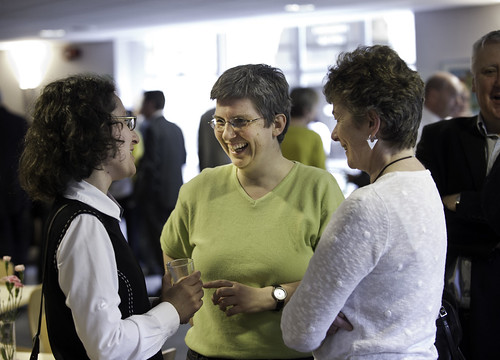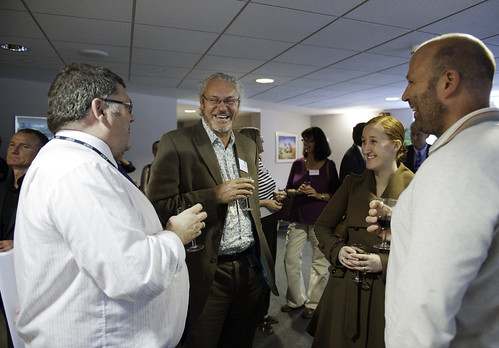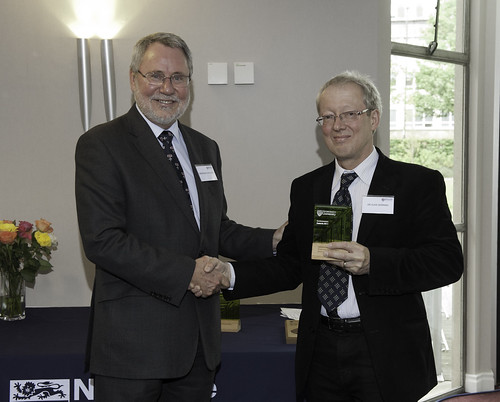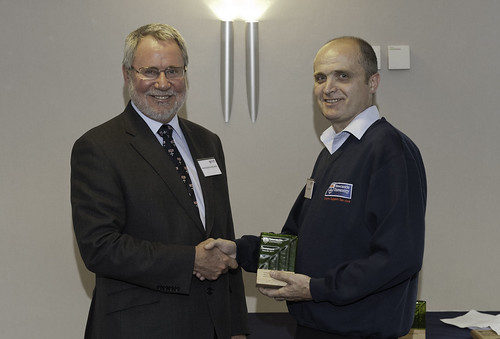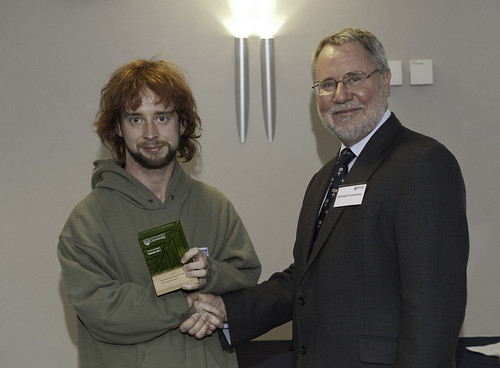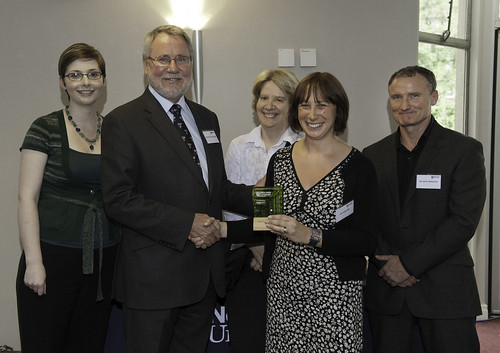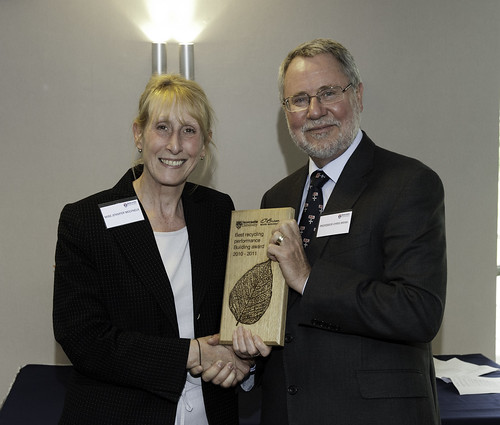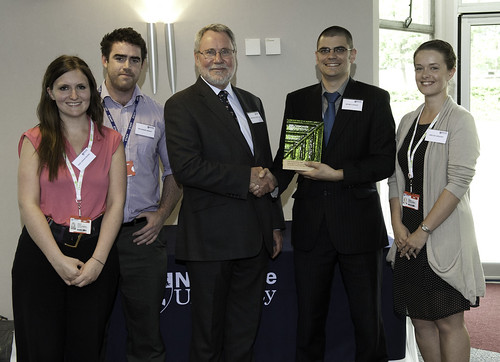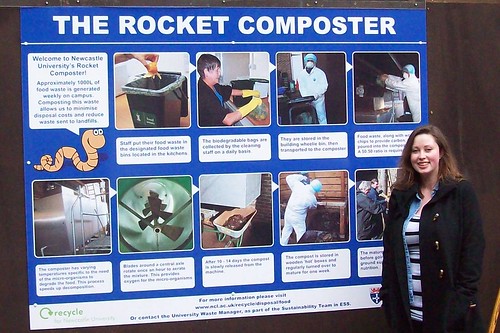The University’s Sustainability Team are looking to create a series of educational films to showcase the recycling processes – i.e., what happens after you put the recycling in the appropriate bin – with the aims of providing knowledge, raising awareness and doing so in a fun manner (not a long boring guidance document). We are looking for keen film makers to create these films, based on our scopes (below). The films are aimed at University staff / students with no prior technical knowledge of the processes, and will go on the Sustainability Team’s website, and here on the blog, as well as being publicised to all staff.
The film makers can have full creative licence, providing the below scope is met in the film, and any ideas meet the target audience / educational expectations (Ideas of film style should be reviewed by the Sustainability Team prior to filming). Some projects will require UK travel – We would reimburse / pay expenses for any travel / hotel costs (UK travel projects only), subsistence, and film making consumables (tapes / dvds etc). The film projects can be undertaken by an individual, or by a team, although only the expenses for 2 people will be paid for UK travel (i.e. additional team members for editing etc are expected to remain at home / university). As a duty of care, a member of the Sustainability Team will need to visit the aforementioned sites across the UK, regardless of these projects. Therefore, the filming can be undertaken with a Sustainability Team member present for assistance. The Sustainability Team is happy to provide a reference for the work.
If you would like to be involved, please email Kay Gregory, on kay.gregory@ncl.ac.uk

We have a number of projects we’d like film students to help us create;
The Life Cycle of an Apple Core / Orange Peel; Food to Garden (campus based).
Short educational film about the lifecycle of the orange peel / apple core etc that staff put in the food waste bins on campus, detailing the process we go through in order to get the compost we then give back to staff for free, as well as include the technical aspects of how the composter works (micro-organisms, varying temperatures, carbon sources etc) and reasons we compost (saves on disposal costs, creates free, local compost, reduces waste to landfill, reduces the University’s environmental impact etc). The full process includes eating, disposal into food waste bin, collection of waste by cleaners, transport of waste by porters to Building Science Yard Rocket Composter, loading of composter with food waste and wooden chips, outcome of immature compost, storage and turning of compost to mature it, staff receive free compost, compost goes on garden, grows pretty flowers. For reference, there is an educational sign to be displayed on the side of the composter shed, to educate staff / students. The film is intended to be of similar content, but with more detail.

The Life Cycle of a Plastic Bottle; a journey through the recycling process of plastic waste (UK travel involved).
Short educational film about the lifecycle of our plastic waste, from the moment a student puts a plastic bottle into the recycling, detailing the journey via the North Tyneside sorting centre for O’Briens (our waste contractor), to the plastic mill in Derby, and potentially afterwards (sale of plastic polymers as a commodity, to be used in manufacturing another product). Including why we recycle, why we ask staff to segregate plastic bottles and other plastic (different polymers), legal compliance etc. Possibly include plastic waste reduction tips (have a packed lunch using Tupperware instead of buying lunch in plastic containers etc) and plastic waste reuse tips (reuse of plastic bottles etc).

The Life Cycle of Paper; a journey through the recycling process of paper waste (UK travel involved).
Short educational film about the lifecycle of our paper waste, from the disposal of paper in the office, detailing the journey via the North Tyneside sorting centre for O’Briens (our waste contractor), to the paper mill in Kent, and potentially afterwards (sale of paper as a commodity, to be used in manufacturing another product). Including why we recycle, types of paper we can recycle (e.g. nothing laminated), contamination issues (staples etc), legal compliance etc. Possibly include paper waste reduction tips (do you really need to print that email?, print on both sides, etc) and paper waste reuse tips (use scrap paper for making notes etc).

The Life Cycle of a Computer; a journey through the recycling process of WEEE waste (UK travel involved).
Short educational film about the lifecycle of our electrical waste (WEEE – Waste electrical and electronic equipment). When the university has old computers, lights, fans etc, the ‘waste’ is collected by Second Byte, a charity in Doncaster who mend / take apart and reuse bots of, the ‘waste’ to create working appliances. The charity employees people who have been terminally unemployed, and they have a shop from which they sell the appliances to keep the charity going. The journey should include the decision to get rid of the (for example) laptop, via the forms filled in to arrange a collection, the collection, the charity, the shop and then in a new home. Also need to include legal issues (data protection etc), why we recycle our WEEE, legal compliance etc.

For more information on Newcastle University’s recycling, please visit www.ncl.ac.uk/recycle





